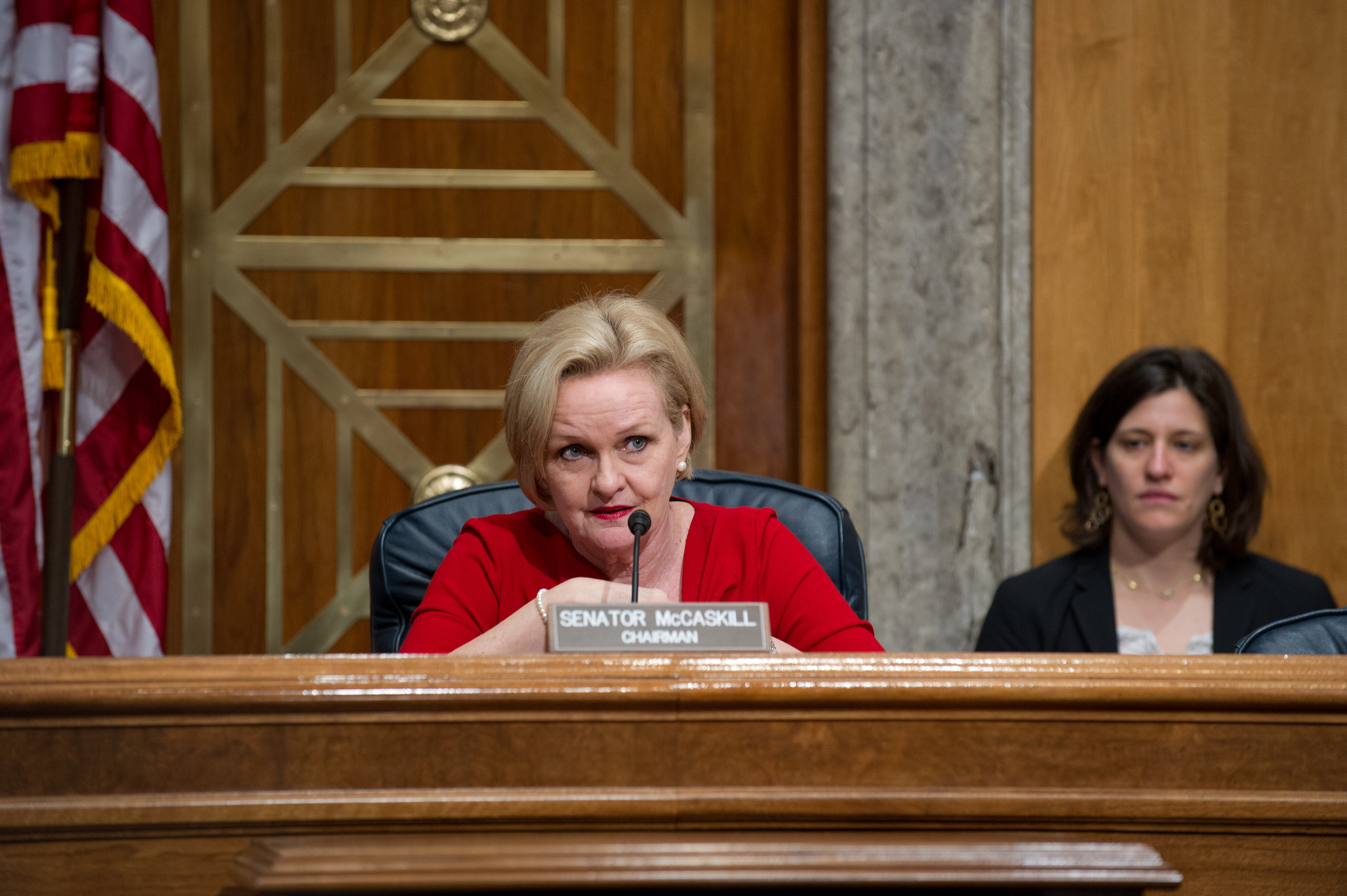McCaskill Amendment to Provide Basic Protections for Cable and Satellite TV Customers

After soliciting personal stories and tips from Missouri consumers, Senator aims for new federal law surrounding cable, satellite, other pay-TV business practices
WASHINGTON –After soliciting personal stories and tips from Missouri consumers, U.S. Senator Claire McCaskill, who leads the Senate panel on Consumer Protection, today introduced an amendment aimed at bringing transparency and fairness to cable, satellite, and other pay-TV billing practices.
Earlier this year, McCaskill asked any consumer who believes they have experienced deceptive or confusing billing practices by a cable, satellite, or other pay-TV company to visit her website, www.McCaskill.senate.gov and use the “Submit Your Scam” web tool to tell their story. Over the approximately 10-day period following the call for pay-TV stories, McCaskill’s office received 428 responses.
“Consumers in every corner of the country share common experiences about fending for themselves against confusing, deceptive billing practices by cable, satellite and other pay-TV companies—and it’s time these millions of customers had a measure of protection,” said McCaskill, a former Missouri prosecutor. “This legislation is a first step in holding these companies accountable by requiring better notification of price changes, better guidelines for bundled services, and a uniform standard of transparency in billing.”
- Click HERE for a one-pager on McCaskill’s amendment
- Click HERE for an analysis of consumer feedback collected by McCaskill
McCaskill’s amendment to the Satellite Television Access and Viewer Rights Act, would provide basic consumer protections for pay-TV customers by:
1. Directing the FCC to update its customer service guidelines for cable operators.
The guidelines must address:
- communications between the cable operator and the subscriber
- notifications to subscribers of prices and rate changes; and
- customer service availability and accessibility
In establishing the guidelines, the FCC is also instructed to:
- take into consideration the differences in capabilities and resources of cable operators based on their size; and
- provide the maximum flexibility possible for cable operators to comply with the guidelines in a manner that accommodates differences in technologies, geographical footprint, and financial resources among cable operators.
2. Clarifying the FCC’s authority to enforce customer service guidelines.
The amendment allows the FCC to enforce the guidelines against a cable operator when:
- the Local Franchise Authority (LFA) does not enforce the federal customer service guidelines established by the FCC
- the cable operator is not subject to comparable customer service guidelines established by the LFA.
3. Directing the FCC to establish customer service guidelines for satellite operators, who are not subject to LFA or comparable state or local jurisdiction.
The guidelines must address:
- communications between the satellite operator and the subscriber (including standards governing bills and refunds);
- notifications to subscribers of prices and rate changes; and
- customer service availability and accessibility
4. Grants the FCC general authority to prohibit unfair or deceptive acts or practices by cable and satellite operators.
In Missouri, which has operated under a statewide video franchise law since 2007, state law expressly prohibits the Missouri Public Service Commission from enforcing virtually any consumer protections or creating its own protections.
McCaskill also used a Senate hearing earlier this year to challenge representatives of the cable and satellite industry on their billing practices.
Leading the Senate’s panel on Consumer Protection, McCaskill has previously highlighted the voices and stories of her Missouri constituents to force predatory companies and scam artists to answer for their fraudulent practices, and to enact policies to better protect families and consumers across the country. McCaskill has drawn upon tips and firsthand stories to launch Senate investigations aimed at schemes involving reverse mortgages, credit card companies, inaccuracies on credit reports, fraudulent robocalls, and scam artists known as “patent trolls” that threaten Missouri job and business opportunities.
